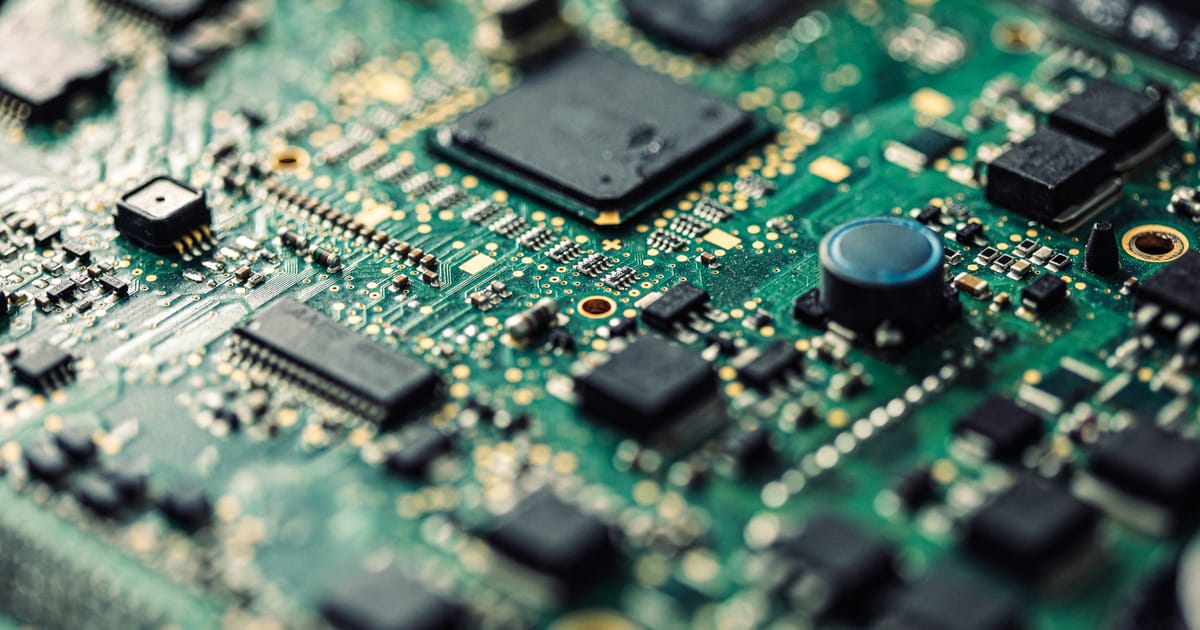[ad_1]
The Netherlands imposed new export controls on microchips technology on Friday, restricting the sales of Dutch manufacturer ASML’s advanced chips machinery to China.
ASML will have to seek export licenses for some of its more advanced microchip printing machines from September onward, new rules published Friday said. The firm is one of the few suppliers globally that manufactures these advanced printers.
The Dutch industry giant has been a target of Washington’s campaign to stop cutting-edge microchip technology from ending up in China. The Netherlands agreed in January to curb the sale of some of ASML’s gear to China, in a political deal with the U.S. and Japan.
The Hague’s move to curb tech exports comes as the European Union is rolling out a strategy to stop other blocs from weaponizing global supply chains against Europe’s interests. EU leaders are meeting in Brussels on Thursday and Friday to discuss the bloc’s economic reliance on China.
The European Commission also published an economic security package last week aimed at “de-risking” supply chains, which sets out a review of the EU’s export control system.
“We’ve taken a really close look and we worked as precisely as possible,” Dutch Foreign Trade Minister Liesje Schreinemacher said in a statement. “We can tackle the most important vulnerabilities without an unnecessary disturbance of the global production of chips.”
She said microchips are critical for certain advanced military applications, echoing U.S. concerns that Western firms could be contributing to a Chinese military buildup.
ASML said on Friday that the rules would not alter the company’s 2023 outlook. The company already failed to obtain export licenses for its most advanced systems, those working with extreme ultraviolet (EUV), to China in past years.
The expectation is that some 24 export licenses will be asked for before the introduction of the export controls in September 2023.
[ad_2]
